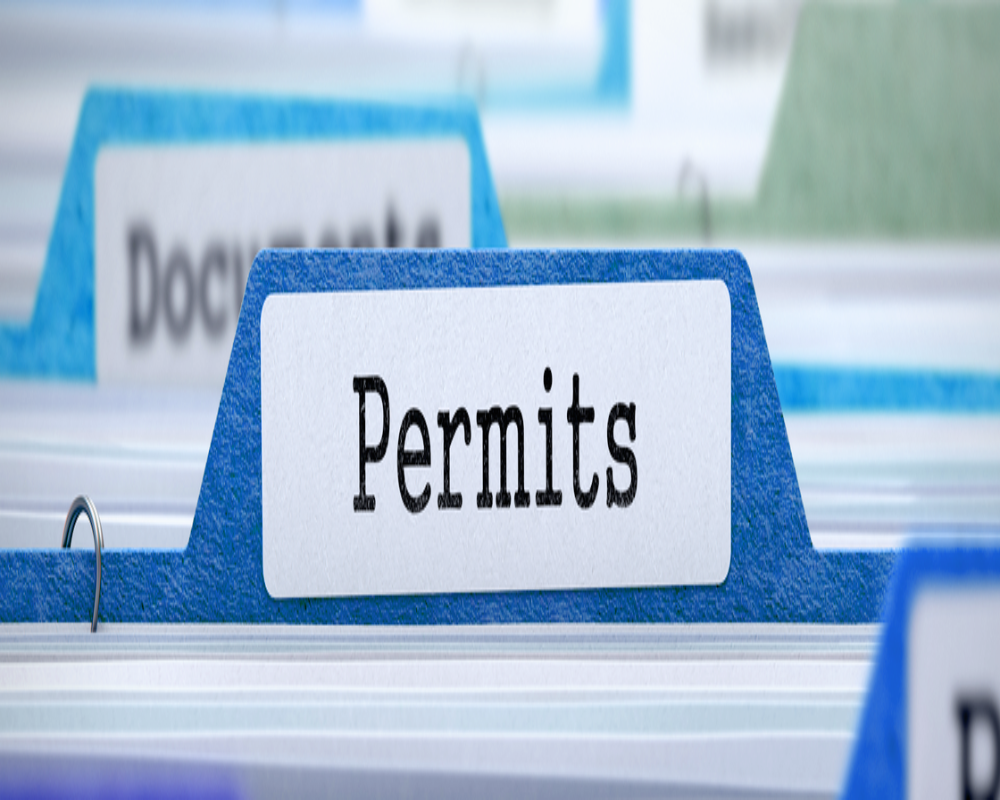Introduction
Special Use Permits (SUPs) are vital instruments within the zoning framework that allow for flexibility and adaptability in land use planning. While zoning ordinances define the primary uses permitted in each zoning district, there are certain land uses that, due to their unique nature, are neither fully permitted nor completely prohibited. Special Use Permits provide a mechanism for approving these uses under specific conditions that safeguard the community’s welfare, safety, and character. Understanding the role and process of Special Use Permits is essential for developers, property owners, urban planners, and municipal authorities involved in managing land development in complex urban environments.
1. What Is a Special Use Permit?
A Special Use Permit allows a property owner to use their land in a way that is not typically permitted within the underlying zoning district, but which may be acceptable if specific criteria are met. The use is deemed “special” because, while it might not fit neatly into the zoning category, it has characteristics that make it compatible under regulated conditions. The permit grants legal approval to undertake such activities without needing a full rezoning.
2. Purpose of Special Use Permits
The primary purpose of Special Use Permits is to provide flexibility within rigid zoning classifications while still protecting public interests. SUPs enable municipalities to approve uses that might have significant community benefits but require closer scrutiny due to potential impacts like traffic, noise, or aesthetics. This controlled approval process ensures that exceptional land uses enhance, rather than detract from, neighborhood vitality.
3. Examples of Special Uses
Typical examples of developments requiring Special Use Permits include religious institutions in residential zones, hospitals, schools, day-care centers, gas stations, telecommunications towers, and bed-and-breakfast establishments. These uses are generally considered compatible with their surroundings if specific operational, design, or locational standards are met.
4. Application Process for Special Use Permits
The application process for an SUP begins with the submission of a formal application to the local planning or zoning department. Applicants must provide detailed site plans, descriptions of the proposed use, impact assessments, traffic studies, and other relevant documentation. The completeness and clarity of the application are crucial for facilitating the review and approval process.
5. Review Criteria for Special Use Permits
Municipal authorities evaluate SUP applications based on several key criteria. These often include consistency with the comprehensive plan, compatibility with adjacent land uses, impact on public services and infrastructure, traffic and parking considerations, environmental effects, and contribution to community goals. The proposed use must not adversely affect the public health, safety, or general welfare.
6. Public Hearings and Community Input
Public involvement is a crucial step in the Special Use Permit process. After initial staff review, public hearings are held where community members can voice support, concerns, or objections. These hearings promote transparency and ensure that all stakeholders have an opportunity to participate in the decision-making process. Community feedback can significantly influence the conditions imposed on the permit or the ultimate decision to approve or deny it.
7. Conditions and Limitations on Approval
Special Use Permits are often granted with specific conditions attached to mitigate any negative impacts. These may include limitations on hours of operation, requirements for landscaping or buffering, restrictions on signage, parking space stipulations, and obligations for traffic management. These conditions ensure that the special use remains compatible with its environment throughout its existence.
8. Duration and Renewal of Special Use Permits
In some jurisdictions, SUPs are granted for a limited time period and must be renewed periodically. Renewal processes require the permit holder to demonstrate continued compliance with all imposed conditions. If violations occur or if the use no longer aligns with community standards, the municipality may modify, suspend, or revoke the permit.
9. Appeals and Legal Challenges
If an application for a Special Use Permit is denied, applicants typically have the right to appeal the decision to a board of adjustment, zoning appeals board, or even pursue judicial review in court. Appeals usually require demonstrating that the denial was arbitrary, discriminatory, or unsupported by the evidence presented during the hearing process.
10. Importance of Strategic Planning in SUP Applications
Securing a Special Use Permit often requires careful preparation and strategic planning. Successful applicants anticipate concerns, proactively address potential impacts, and engage with community members early in the process. Working with experienced architects, legal advisors, and planners can significantly strengthen a case for approval by ensuring that the project aligns with local policy goals and zoning criteria.
Conclusion
Special Use Permits offer a valuable mechanism for accommodating unique land uses that serve the community but require individualized evaluation. They bridge the gap between rigid zoning classifications and the dynamic needs of growing cities and towns. By providing a structured yet flexible process, SUPs help ensure that non-traditional land uses contribute positively to urban development while protecting the quality of life for surrounding areas. For developers, property owners, and public officials, a clear understanding of the Special Use Permit process is essential to achieving sustainable, community-friendly development outcomes.
Hashtags
#ZoningLaws #SpecialUsePermits #UrbanPlanning #LandUse #RealEstateDevelopment #CommunityPlanning #ZoningRegulations #PermittingProcess #LocalGovernment #PropertyRights #PlanningCommission #ZoningBoard #DevelopmentApproval #LandUsePlanning #RegulatoryCompliance #NeighborhoodDevelopment #SmartGrowth #SustainableDevelopment #ZoningIssues #PlanningForTheFuture


